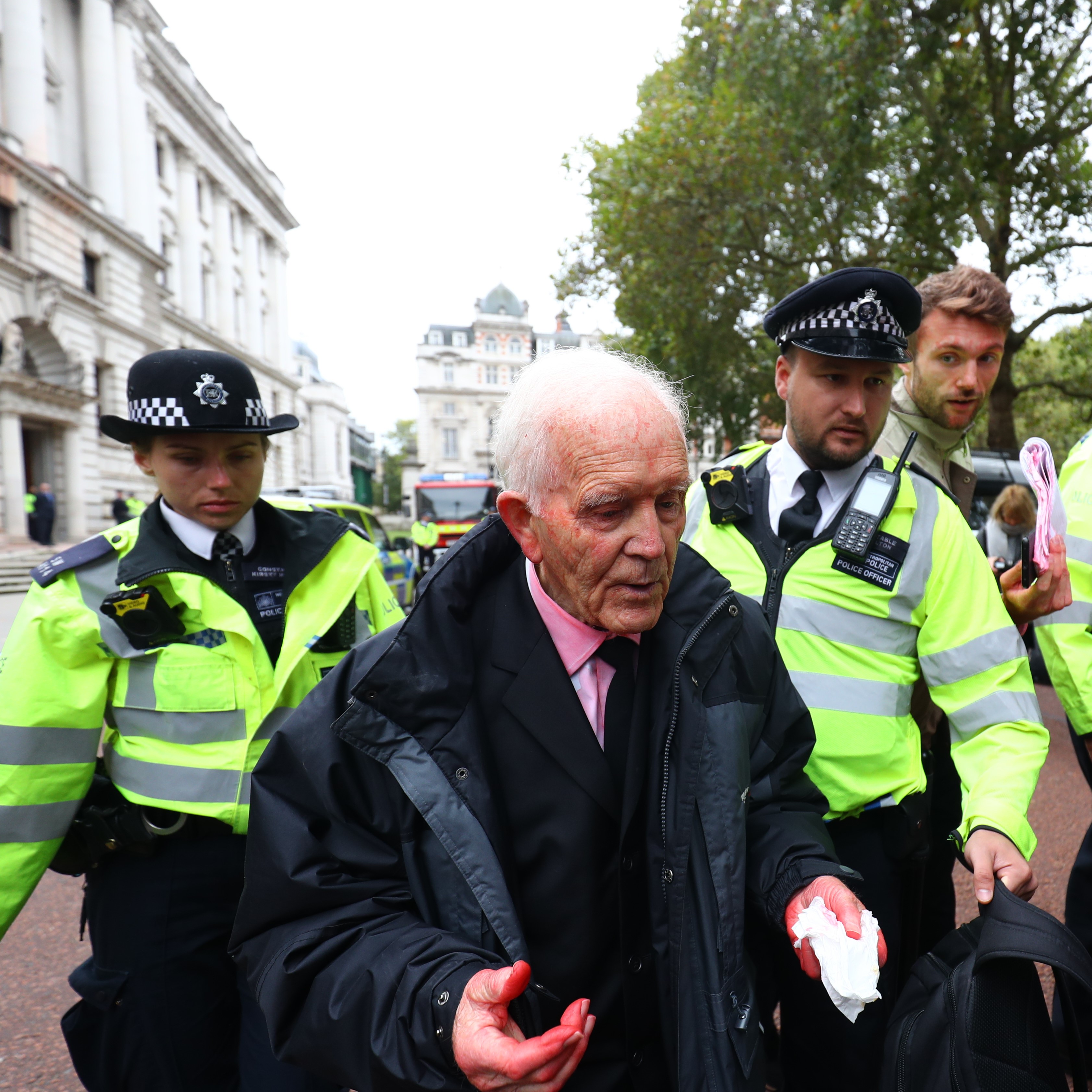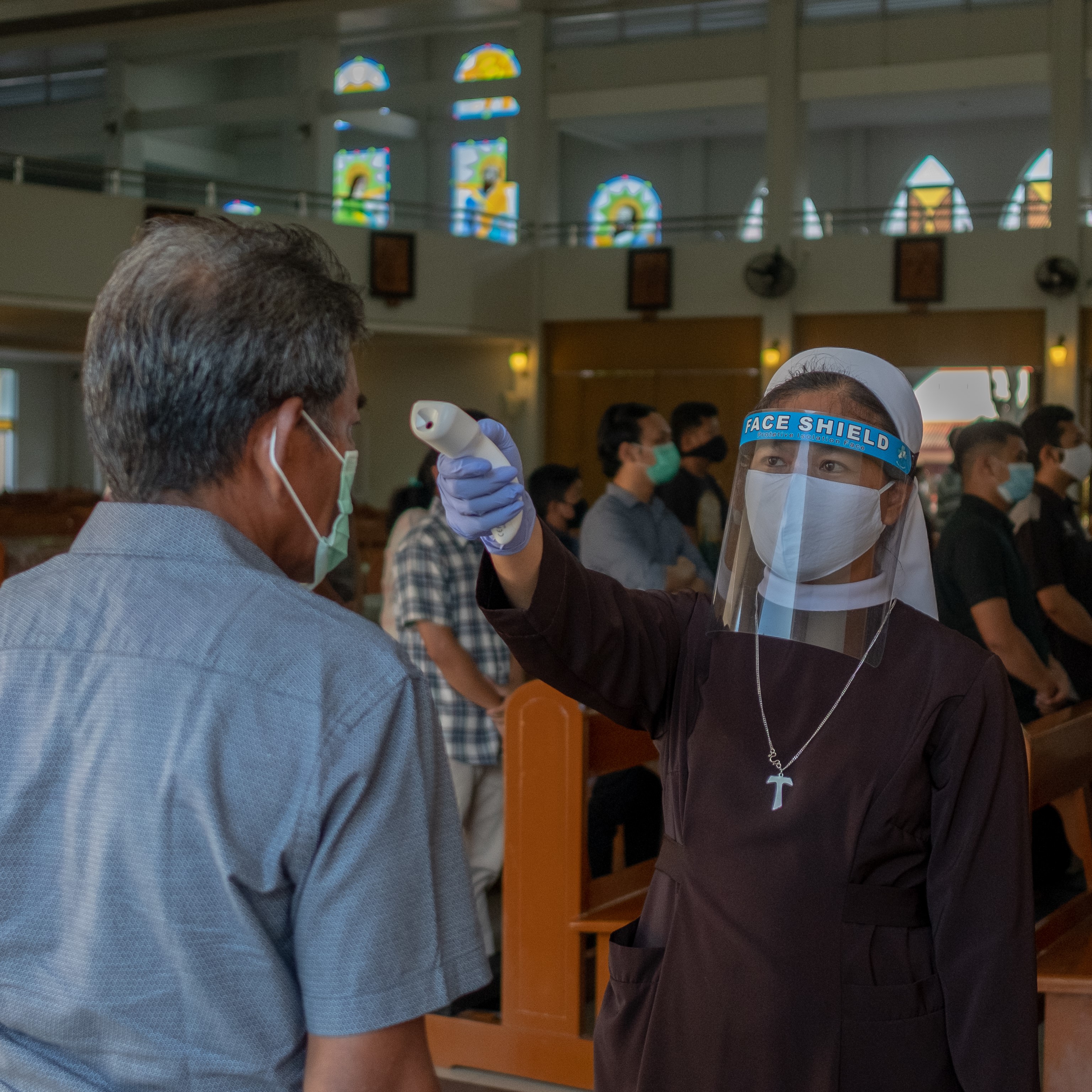Religion plays a central role in our world. Shared knowledge and academic reflection can stimulate a peaceful coexistence and avoid religious illiteracy. Both in the academic world and in Europe as a whole, there is a basis of a shared understanding of the importance or religious pluralism, religious freedom, ecumenical dialogue, and of the role of religions and of religious studies in order to build peace and citizenship in the global world on the basis of knowledge.
It is the pursuit of this conviction which guides the European Academy of Religion since its launch event in 2016, which gathered more than 500 participants: we want to create an inclusive network, to act as an open platform, and to provide a framework to foster research, communication, exchange and cooperation concerning important religious issues for the academic world and society at large.
EuARe convenes an annual conference that combines working sessions (panels, working groups, round tables and book presentations) with keynote lectures offered by internationally renowned scholars: while the subjects of the working sessions reflect the variety of disciplines embraced by the Academy, the lessons are focused on a specific topic, which is different each year.
The program of each annual conference reflects well the approach, choices and the inclusiveness EuARe wants to adopt. The heterogeneity of the topics is exactly the hallmark of EuARe: it is constantly working to involve all academic disciplines and the various countries represented, and it supports the creation and dissemination of disciplinary and interdisciplinary knowledge to contribute to the construction of society and the formation of culture.
Due to the COVID-19 pandemic, #EuARe2020 (June 22-25, 2020) was moved from the beautiful city of Bologna to the screen. The program already included 950 participants and at least 170 panels, so it proved to be a hard decision to take. Nonetheless, the Executive Board and the organizing institution (FSCIRE) worked to offer to members and conference participants as many opportunities as possible to keep alive the spirit of scholarly exchange and enrichment that every conference infuses.
Starting from Sunday 21st, the newly created YouTube Channel, will host the many videos composing the conference. On each day of the conference, viewers will experience a Keynote Lecture, an Alberigo Award presentation and a selection of the panels that they would have enjoyed in Bologna.
Keynote lectures analyse the most challenging topic that the President in charge sees for the community of scholars and society. This year they are focussing on The Power of Religion / Religion and Power:
Speaking on this year's topic, Herman Selderhuis, President of EuARe said:
“With the choice of this topic we wish to highlight the powerful effect religion has on public and personal life and that this effect relates to all fields of life such as fashion, politics, art, leisure, art, ethics and science. The relation between power and religion tends to be seen merely negatively, yet history and the present demonstrate also how religion can positively have a powerful effect on individuals and societies.”
Therefore, on June 22nd Cyril Hovorun (Loyola Marymount University, Huffington Ecumenical Institute), will talk about Politicization of Religion: Eastern Christian Cases and introduce how political theology has been focused on the church-state relations and how they contribute to the politicization of religion.
The lecture by Scott Appleby (Notre Dame University) Hallowed be thy Name: Power and Glory in Religious Imagination (available on June 23rd) explores the connection, in the religious imagination, between glorifying the divine, sanctifying the mundane, and exercising political and cultural power.
Europe’s new religious conflicts: Russian Orthodoxy, American Christian Conservatives, and the emergence of a European Populist Christian Right is the lecture delivered on June 24th by Kristina Stoeckl (Universität Innsbruck). Her work is focused on the analysis of Evangelicals, Catholics and Orthodox actors from different countries and the way they reshape the presence of religion in national political and public debates.
Finally, on June 25th Susanne Schröter (Johann Wolfgang Goethe-Universität Frankfurt am Main) will give a lecture on Islam, politics and society in Germany analyses problems in current German Islam policy and shows possible solutions.
Listening to the four scholars is not just an exercise of erudition, it is a chance to learn about most of the political, cultural and social dynamics of our present, and reflect on the role that religion is playing in shaping convictions, choices, behaviours, policies.
A final, huge thank you goes to the sponsors and publishers: even if this years’ arrangements required some adjustments, they did not step back and kept supporting us. Thanks to Fondazione Carisbo, Atla, Brepols, Brill, De Gruyter, Equinox, Il Mulino, Mohr Siebeck and Routledge.
Francesca Cadeddu is the Secretary General of The European Academy of Religion (EuARe). EuARe is a research initiative launched in 2016 under the high patronage of the European Parliament which offers an exchange platform to scholars, universities, centres, research infrastructures, scientific journals and publishers coming from Europe and the surrounding regions. EuARe is open to individuals, academic associations and institutions, publishers, journals, media and other organizations engaged in the study, critical consideration, scientific research or public understanding of religion and its interactions with society in Europe and the neighbouring countries.



 Loading ...
Loading ...
What do you think?
You can post as a subscriber user ...
User comments (0)